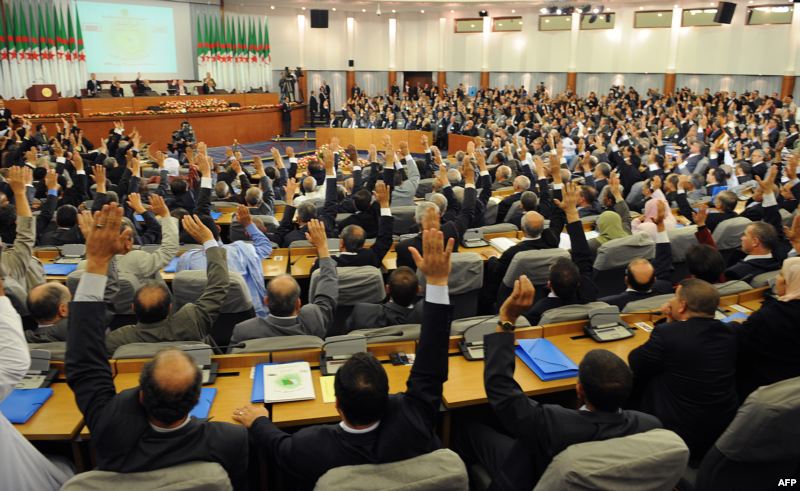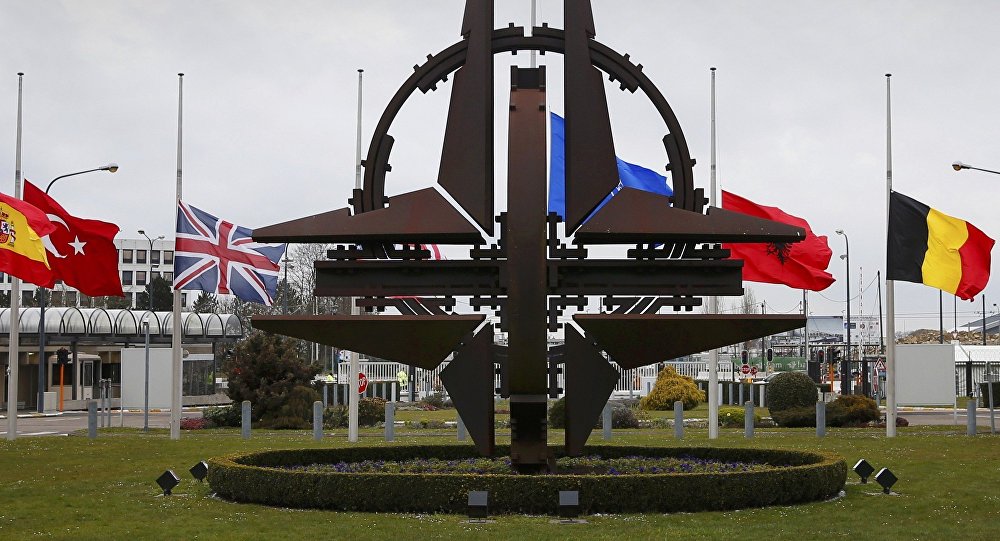طبيعة العلاقة بين الهيئات القضائية والمجلس الدستوري الجزائري في الدفع بعدم الدستورية
The nature of the relationship between the judicial authorities and the Algerian Constitutional Council in the exception of unconstitutionality

اعداد : أ.د.بومدين محمد – كلية الحقوق والعلوم السياسية، جامعة أحمد دراية أدرار، الجزائر.
- المركز الديمقراطي العربي –
- مجلة القانون الدستوري والعلوم الإدارية : العدد الخامس كانون الثاني – يناير 2020 المجلد 2 ، وهي مجلة دولية محكمة تصدر عن #المركز_الديمقراطي_العربي المانيا- برلين.
- تعنى المجلة في مجال الدراسات والبحوث والأوراق البحثية في مجالات الدراسات الدستورية والعلوم الإدارية المقارنة – نشر البحوث في اللغات ( العربية – الفرنسية – الإنجليزية )
للأطلاع على البحث “pdf” من خلال الرابط المرفق :-
ملخص:
تنصب دراسة هذا المقال على تحليل طبيعة العلاقة بين الهيئات القضائية والمجلس الدستوري الجزائري في الدفع بعدم الدستورية من خلال النص الدستوري 188 والقانون العضوي رقم 18-16 والنظام المحدد لقواعد عمل المجلس الدستوري الصادر في مايو 2019. لقد تبين من خلال التحفظ الواسع للمجلس الدستوري على المواد المنظمة لهذه العلاقة في القانون العضوي المذكور أن للمجلس الدستوري فهما محددا لهذه العلاقة انعكس في التشديد في حصر اختصاصات المحكمة العليا ومجلس الدولة ووضعهما تحت الرقابة. وذلك على الرغم من أن اختصاصات تلك الهيئات مستمدة من الدستور واسندت إليهما لمساعدة المجلس بتصفية الدفوع طبقا لمنطق المؤسس الدستوري في المادة 188 و إرادة المشرع العضوي في القانون العضوي رقم 18-16.
Abstract:
The study of this article focuses on analyzing the nature of the relationship between the judicial authorities and the Algerian Constitutional Council in the exception of unconstitutionality through Constitutional Text 188 and Organic Law No. 18-16 and the specific regime for the work rules of the Constitutional Council issued in 2019. It was found through the wide reservation of the Constitutional Council on the articles regulating this relationship in the aforementioned organic law that the Constitutional Council had a specific understanding of this relationship that was reflected in the stress in restricting the competencies of the Supreme Court and the State Council and putting them under supervision. This is despite the fact that the powers of those bodies are derived from the constitution and assigned to them to help the council filter defenses according to the logic of the constitutional founder in Article 188 and the will of the organic legislator in the Organic Law No. 18-16.




